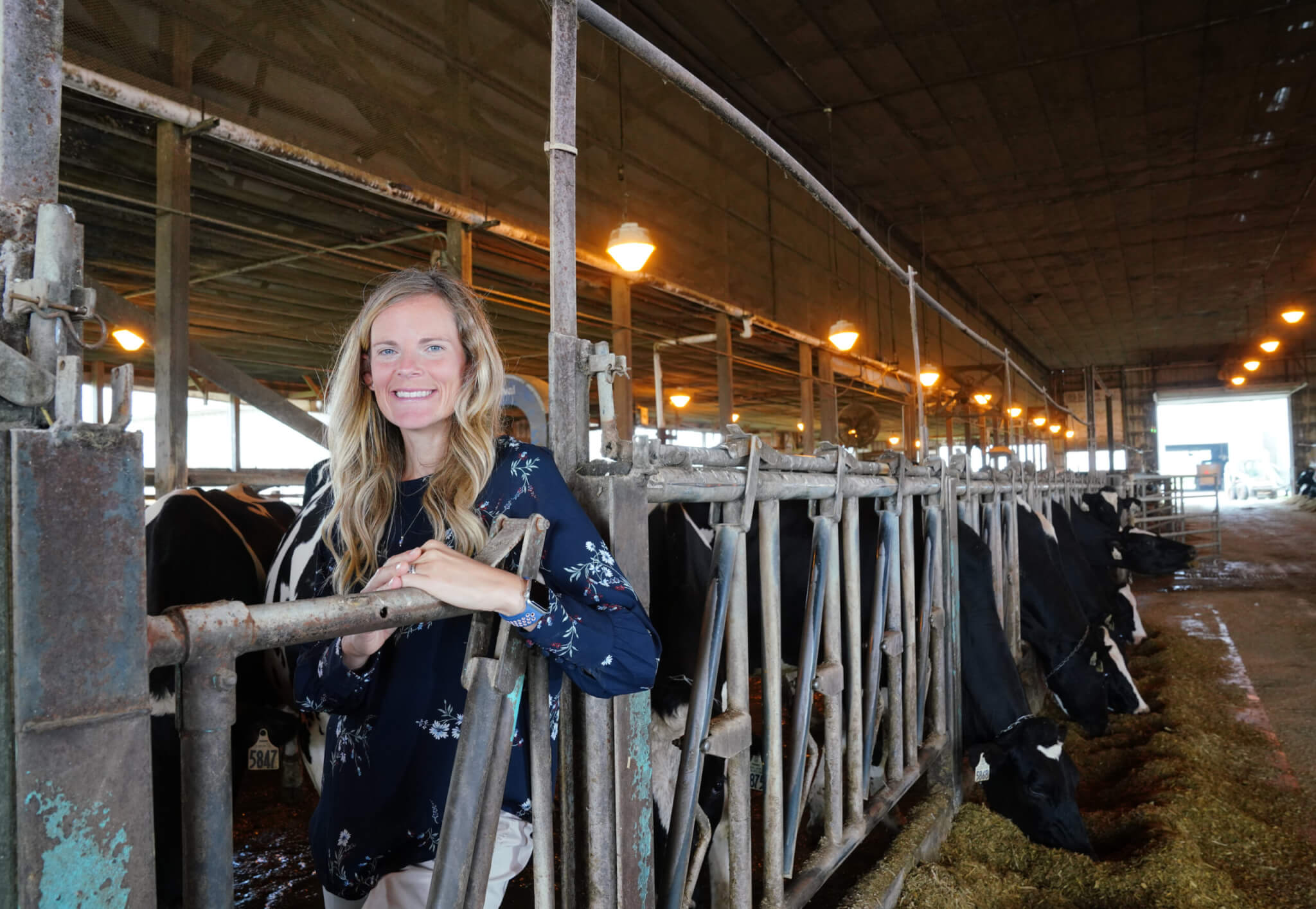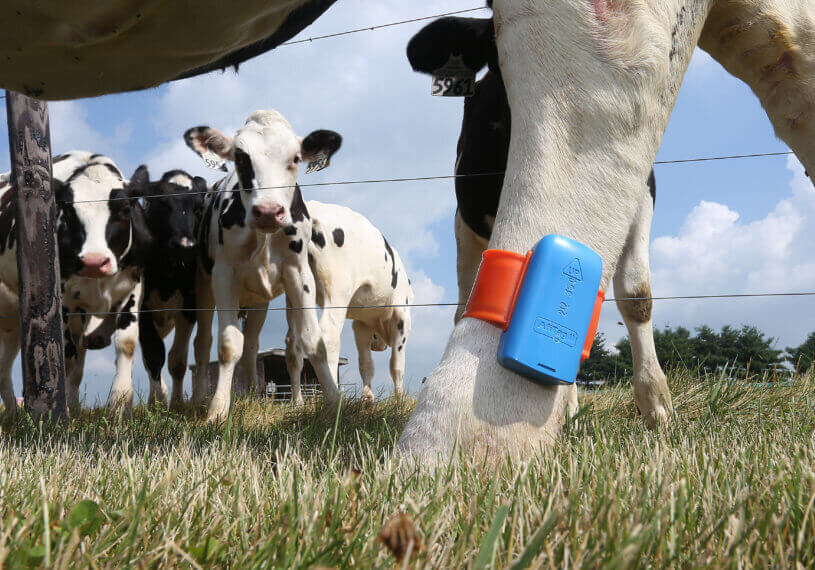This fall semester The Department of Animal Sciences will welcome a large incoming class with a newly revised curriculum. Faculty are excited by the academic flexibility and autonomy the new curriculum will afford students.
Three years ago, animal sciences formed a curricular review committee, headed by associate animal sciences professor Elizabeth Karcher, with the purpose of updating core requirements, revamping certain courses and better preparing students for the workforce or graduate school.
“We know students and employer needs are changing, which means how we teach also needs to change,” Karcher said. “The three-year review allowed us to take an in-depth look at what the needs of our current and future students are and also how the needs of the job market are evolving.”
There are three flagships of the new animal sciences curriculum: more hands-on experience, earlier exposure to the breadth of subjects and educational autonomy in upper level courses. The committee narrowed in on these three areas after an extensive survey of alumni, industry partners and current students.
“What we learned from employers is that in addition to specific knowledge they are looking for skills like teamwork, problem solving and public speaking,” Ashley York, animal sciences coordinator of academic advising and committee member, elaborated. “These elements have always been included in our courses, we’re just enhancing and tweaking what we already have.”
"The three-year review allowed us to take an in-depth look at what the needs of our current and future students are and also how the needs of the job market are evolving.”
The increased exposure to lab work and other hands-on experiences will help develop these skills, York added. And while preparing students for the job market remains a departmental priority, so too does promoting a passion for animal sciences that allows students to explore and excel academically. That’s where the other two facets of the new curriculum come in.
One thing that became obvious to the committee during this review process was that students discover certain areas of animal sciences too late during their time at Purdue. “The new curriculum will introduce concepts – like our meat science and products courses – in their first year,” York added. “With the old curriculum, students might not be introduced to that until their junior or senior year. We’re adding more introductory courses so students get this exposure earlier.”
Once students decide on a concentration, by the end of their sophomore year, they will receive more freedom in upper level classes to concentrate on that area of interest.
“This new model gives students more flexibility when they’ve decided on their concentration,” Scott Radcliffe, animal sciences professor and committee member, said. “We want to give them more control over their own education and academic path. This will allow students to tailor their course load to their specific interests and post-graduation plans.”

Current animal sciences students will have the option to switch over to the new curriculum path or finish their degree under the former requirements. York said the department is already communicating with existing and incoming students about the potential for this hybrid model to prevent confusion. “The review committee is still in place to coordinate communication efforts and make smaller tweaks as the year progresses,” she continued.
While the department’s motto has always been “students first,” Radcliffe said this curriculum review will benefit faculty as well. The new model offers more opportunities for professors to engage with students and will reduce class sizes. Additionally, instead of teaching sweeping introductory courses, faculty will teach more specifically to their areas of expertise.
“I think you’ll usually find what benefits the students also benefits the faculty,” Radcliffe continued. “A happy and engaged student body usually makes for happy and engaged professors.”
Digital Agriculture: Why the Future is Now
Many see digital agriculture as the future of the industry. At Purdue University’s College of Agriculture, however, the future is unfolding now, in different patterns and paces across campus.
Read Full Story >>>

